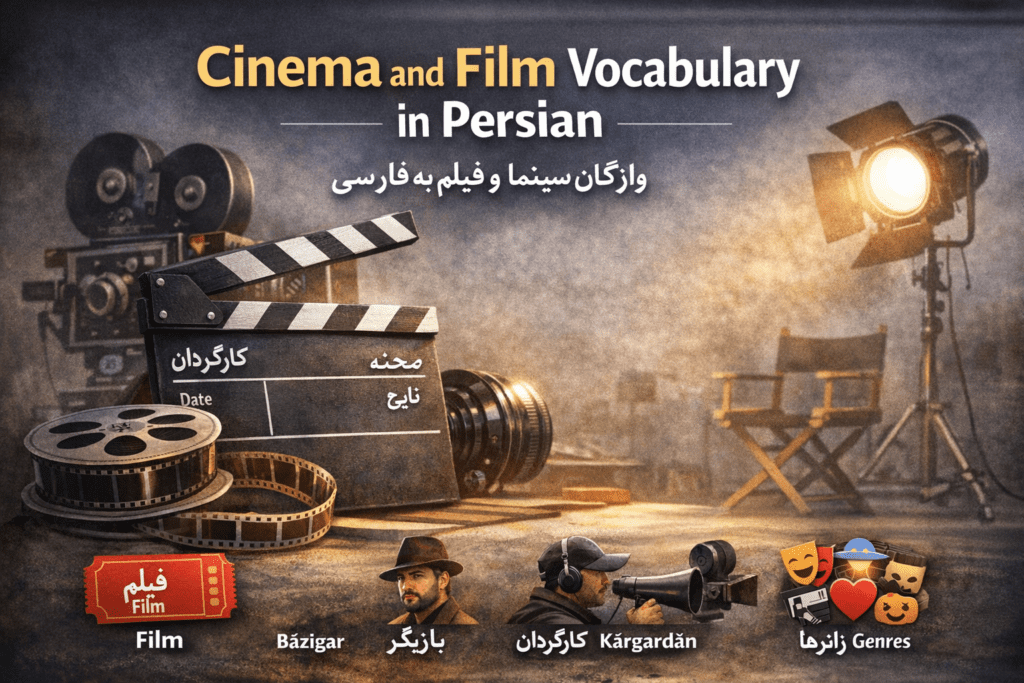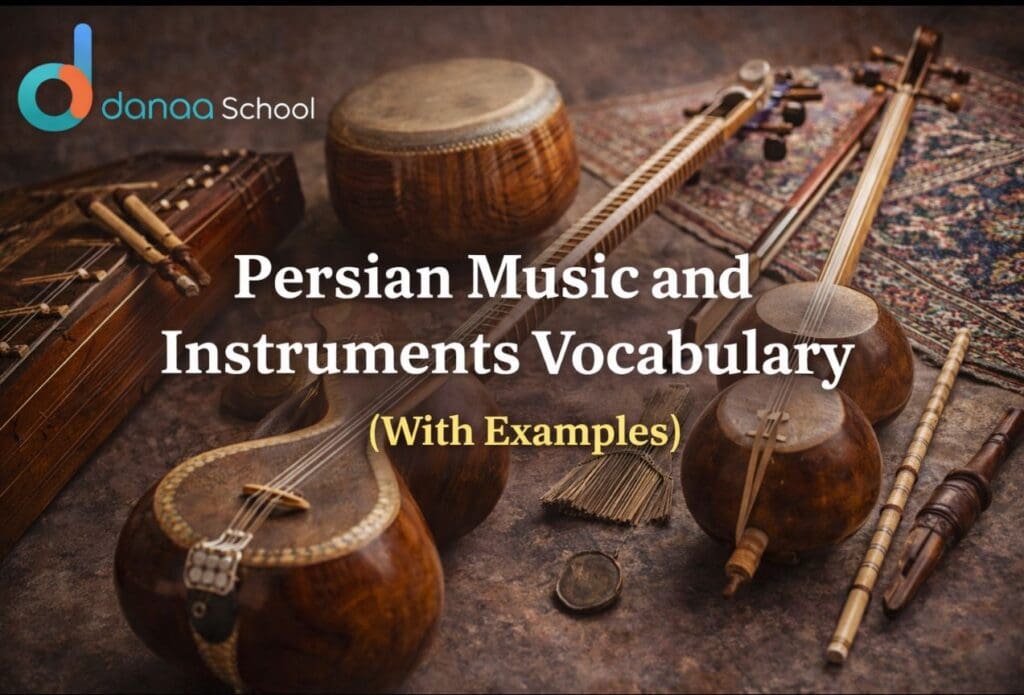How to Learn Persian Through Poetry and Classical Literature
Learning Persian through poetry is one of the most natural and meaningful ways to understand the Persian language. Persian (Farsi) has always been deeply connected to poetry, philosophy, and storytelling. For centuries, poetry has been the primary way Persians expressed love, wisdom, spirituality, and everyday emotions.
When learners choose to learn Persian through poetry and classical literature, they go beyond basic vocabulary and grammar. They experience the rhythm, emotion, and cultural depth of the language, which helps words stay in memory longer and improves natural usage.

Unlike textbook-based learning, poetry allows Persian to be experienced as a living language. Through metaphor, repetition, and musical patterns, poetry turns language learning into an engaging and memorable experience.
Why Learning Persian Through Poetry Is Effective for Language Learners
Persian poetry is an essential part of everyday life in Persian-speaking cultures. Poems are quoted in conversations, family gatherings, ceremonies, and even casual greetings. This constant exposure makes poetry a powerful and practical learning tool.
When learners study poetry, they are exposed to authentic sentence structures and expressive vocabulary. Grammar is learned in context, not as isolated rules. This helps learners internalize Persian naturally.
- Stronger memory through rhythm and repetition
- Better pronunciation through recitation
- Grammar in real context instead of memorization
- Deep cultural understanding through symbolism
Many language experts agree that the best way to learn Persian through poetry is by combining reading, recitation, and cultural explanation.
Learning Persian Vocabulary Through Classical Poetry
Classical Persian poetry introduces learners to words that are still widely used in modern Farsi. Emotional and philosophical terms appear repeatedly, which reinforces meaning and proper usage.
- عشق (Eshq) – Love
- دل (Del) – Heart
- دوست (Doost) – Friend
- زندگی (Zendegi) – Life
- راه (Rāh) – Path
Because these words are emotionally charged, learners remember them more deeply and use them more confidently in conversation.
Persian Phrases You Learn Through Poetry
- عشق از ازل است و تا ابد خواهد بود
Eshq az azal ast o ta abad khahad bood
(Love has existed since eternity and will last forever.) - تو خود حجاب خودی، از میان برخیز
To khod hejāb-e khodi, az miyān barkhiz
(You are your own barrier; remove yourself from the way.)
These phrases help learners understand metaphor, tone, and the poetic mindset of Persian culture.
Best Classical Persian Poets for Learners
- Hafez – Symbolic and short verses
- Saadi – Clear moral storytelling
- Rumi – Spiritual and emotional vocabulary
- Ferdowsi – Epic language and history
Persian literature is also widely studied internationally. You can read more about its history on Encyclopedia Britannica.
Learn Persian Through Poetry with Danaa School
At Danaa School, we help students learn Persian through poetry using guided lessons, clear explanations, and cultural context. Our approach combines poetry, conversation, and structured learning.
If you want to learn Persian through poetry while building real communication skills, our courses are designed to support you step by step.
Conclusion
To learn Persian through poetry is to experience the language in its most authentic form. Poetry teaches not only words and grammar, but also emotion, rhythm, and cultural identity.
Whether you are a beginner or an advanced learner, Persian poetry offers a timeless and powerful path toward fluency, confidence, and deeper cultural understanding.








